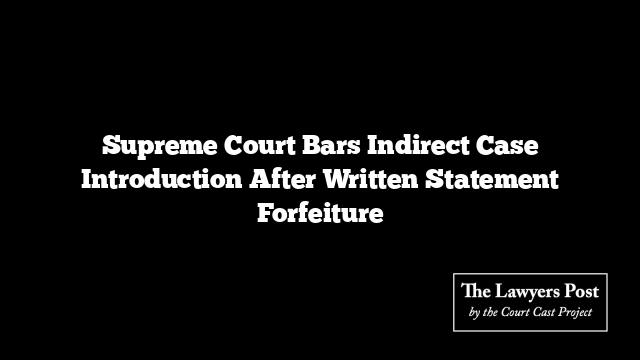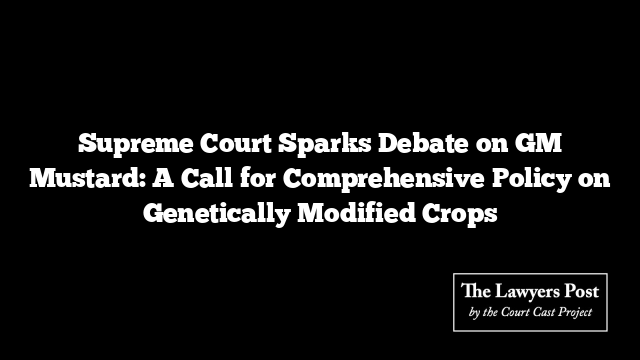The Supreme Court has ruled that if a party forfeits its right to file a written statement in a legal case, it cannot sneak its case into the proceedings through evidence or written submissions. While the party can still engage in the proceedings and cross-examine the complainant, they are prohibited from indirectly presenting their case.
In a significant decision, Justices CT Ravikumar and Sanjay Kumar emphasized that without specific provisions addressing the non-filing or forfeiture of written statements, the general legal principle is that the party should be barred from introducing its case indirectly through pleadings or evidence. The ruling came from a bench that highlighted this in the context of Consumer Redressal Forums.
Referencing the Karnataka High Court’s judgment in Nalini Sunder v. GV Sunder, the Supreme Court reiterated that a defendant whose right to file a written statement has been forfeited cannot present anything admissible in court to support their case.
The Court clarified that while Order 6 Rule 7 of the CPC allows a defendant to bring in claims consistent with previous pleadings, forfeiture of the right to file a written statement eliminates this possibility. Consequently, any attempt by the defendant to introduce its case through indirect means, such as evidence or written submissions, is not permitted.
In the current consumer dispute case, the defendant had forfeited the right to file a written statement but was still allowed to decide whether to participate in the proceedings. Despite this, the defendant cross-examined witnesses and presented documentary evidence without laying the groundwork in the pleadings, which the Court found unacceptable.
Justice Ravikumar’s judgment pointed out that the defendant could only argue legal questions based on authorities and provisions of law, or issues regarding the admissibility of evidence presented by the appellants.
The National Consumer Disputes Redressal Commission (NCDRC) had not relied on the defendant’s written statements in its decision. Therefore, the Supreme Court did not interfere with this part of the NCDRC’s order, rendering the appellant’s challenge to the NCDRC’s decision inconsequential.





